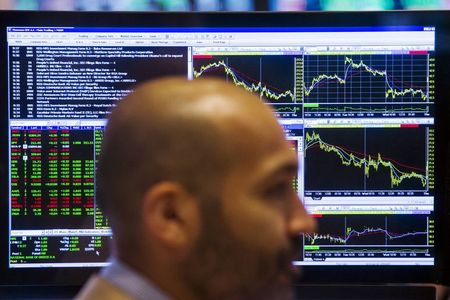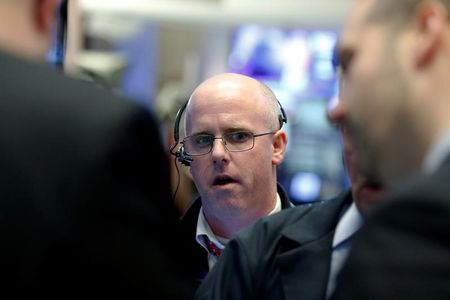Follow us on LinkedIn
Algorithmic trading is a method of executing trades using algorithms, or sets of predetermined rules, to make trading decisions. These algorithms are designed to take into account a variety of market conditions, such as price, volume, and timing. Algorithmic trading is often used by large institutional investors, such as hedge funds and investment banks, to execute trades quickly and efficiently. Algorithmic trading is also becoming increasingly popular with individual investors who have access to sophisticated trading software.
Algorithmic trading has a number of advantages over traditional methods of trading. First, algorithms can take into account a wider range of market data and make better-informed decisions. Second, algorithms can execute trades faster than humans, which can be especially important in fast-moving markets. Third, algorithmic trading can help to reduce costs by eliminating the need for human traders.
Algorithmic trading has grown enormously in the last two decades to become the dominant type of trading in the capital markets.
But what impact does algorithmic trading have on the markets?
Reference [1] provided an answer to this question, it pointed out,
In this study, we find robust evidence that AT is positively related to future stock price crash risk. Further analyses suggest that managers are more likely to withhold bad news when AT is higher. In addition, we show that the effect of AT on crash risk is more pronounced when managers have greater incentives to withhold bad news and when AT is more likely to crowd out fundamental information acquisition. These results collectively support the notion that high AT activity is associated with less monitoring or scrutiny of managers by fundamental investors, leading to more bad news hoarding and higher crash risk. Furthermore, using a natural experiment (the SEC’s 2016 Tick Size Pilot Program), we find consistent evidence on the positive relation between AT and crash risk.
In short, according to the authors, algorithmic trading
- Increases stock price crash risks,
- Reduces fundamental investors’ information acquisition, and
- Decreases market efficiency.
We find this article in contradiction with the previous one discussed in How High-Frequency Trading Impacts the Markets
Let us know what you think in the comments below.
References
[1] Ahmed, Anwer S. and Li, Yiwen and McMartin, Andrew Stephen and Xu, Nina, The Rise of Machines: Algorithmic Trading and Stock Price Crash Risk (2022). https://ssrn.com/abstract=4203738
Further questions
What's your question? Ask it in the discussion forum
Have an answer to the questions below? Post it here or in the forum




